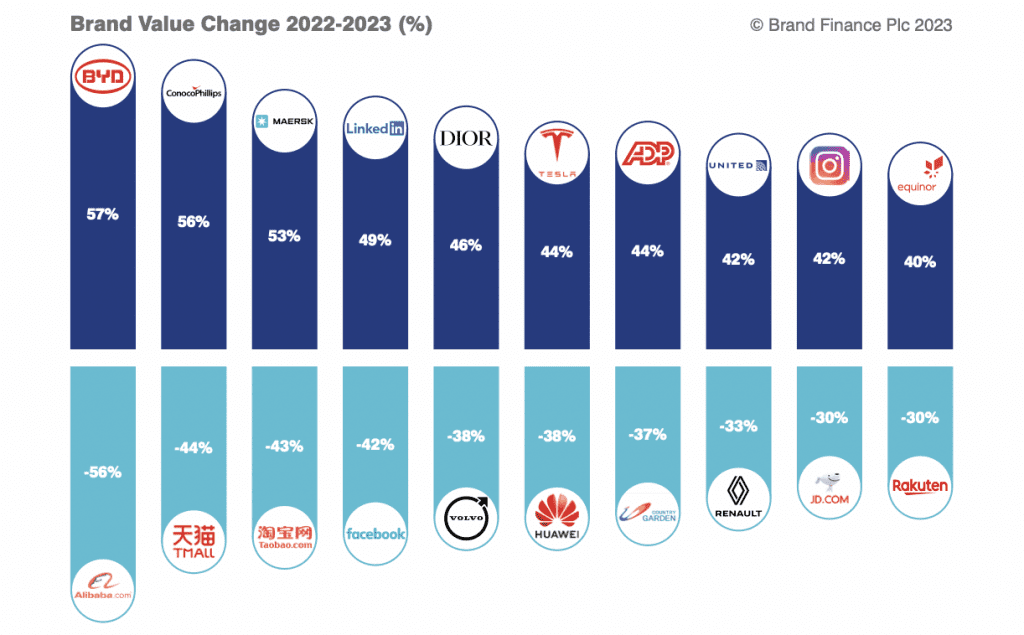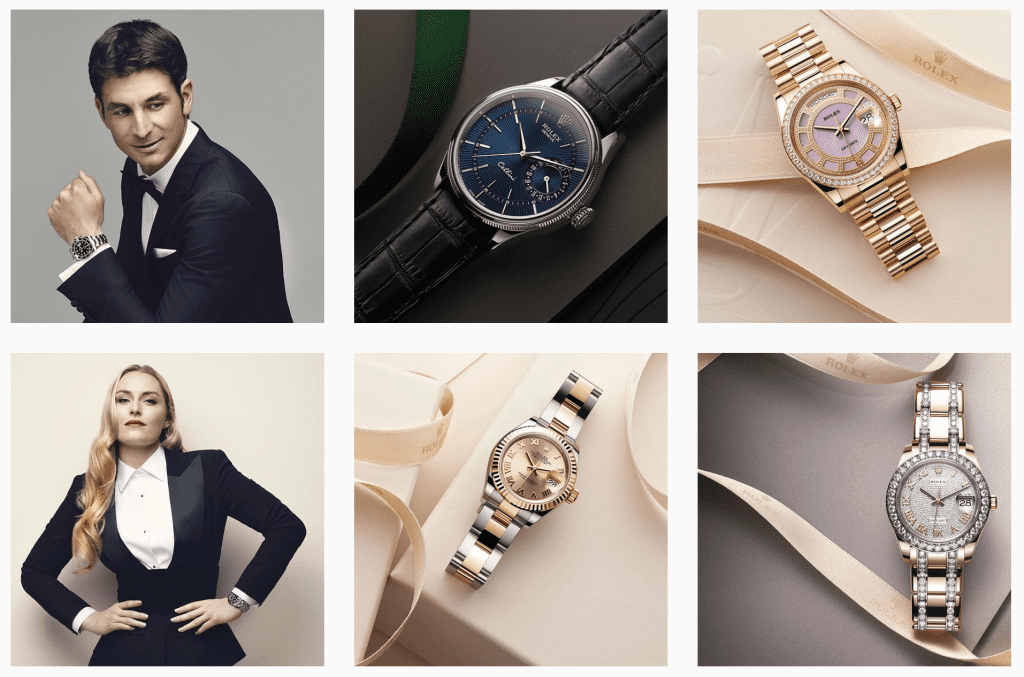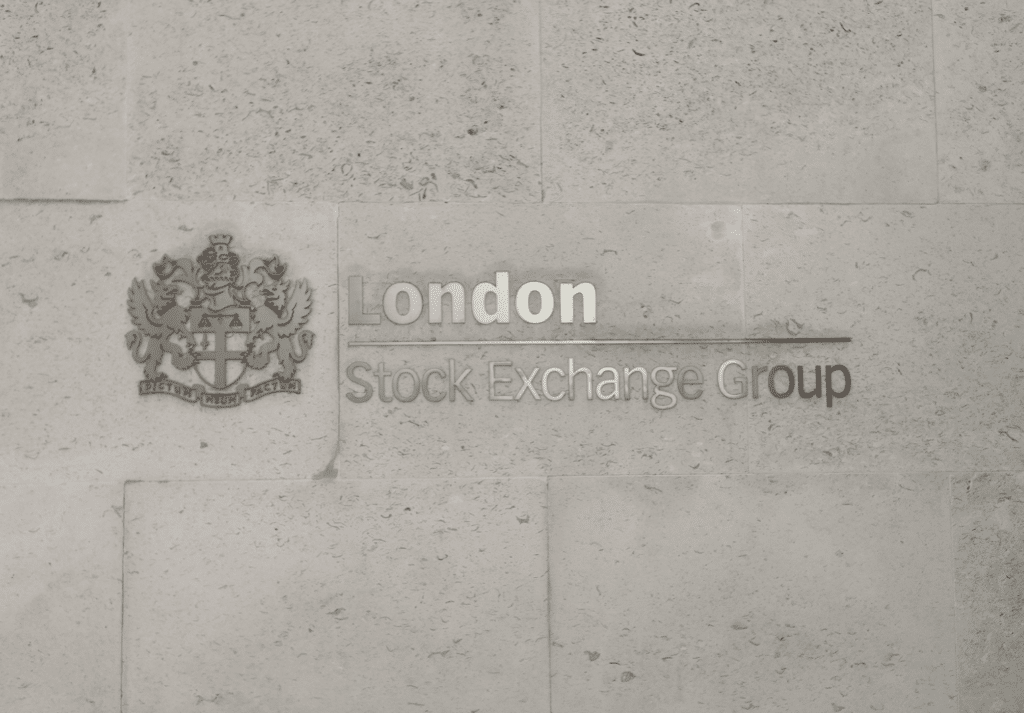Fashion/luxury names are missing from the upper-most ranks of Brand Finance’s annual “Most Valuable Brands” list, with Amazon, Apple, Google, Microsoft, Walmart, Samsung, ICBC, Verizon, Tesla, and TikTok taking the top ten spots. Addressing the top spot on this year’s ranking, Brand Finance stated that the brand value of Amazon, which reclaimed the number one position from Apple, comes from “its strong position in both B2C and B2B sectors of the economy, as it is a key global market leader in the massive markets of both online retail and online cloud computing services.” In terms of industries, tech remains most valuable industry, boasting one-sixth of top 500 value, while the retail sector remains above the $1 trillion threshold.
Delving into the retail market, Brand Finance said the sector was “once again the second most valuable” in its ranking, with the “boom in e-commerce during the pandemic” helping the market segment to cross the $1 trillion threshold last year for the first time, “a reflection that the pandemic has seen a transfer in retail spending from small, offline, brands to large, online retail brands.” The sector – whose occupants range from American titans like Amazon and Walmart to Chinese behemoths TMALL and Alibaba – has “managed to remain above this mark for the second year running, despite facing a 9 percent decrease in overall brand value from last year,” the London-based consultancy stated.
“There has been a widespread reduction of brand value” – which it defines as “the value of the “names, terms, signs, symbols, logos, and designs” that a company uses to identify and distinguish its “goods, services or entities” from those of others” – in retail brands in 2023, as with the tech sector,” Brand Finance revealed. It attributed these declines to “difficult operating conditions, including high employee absenteeism, supply issues, and reduced consumer confidence.”
As for the companies that it situates in the “Apparel” category, most fashion/luxury names fared well compared to last year’s ranking, with Louis Vuitton, for instance, taking the number 70 spot (from 81 in 2022), Chanel coming in a 98 (from 127 last year), and Hermès landing at 149 (from 145 in 2022). Other luxury ranking include: Christian Dior in 147 (from 220 in 2022), Cartier in 156 (from 162 in 2022), Rolex in 191 (from 243 in 2022), Tiffany & Co. in 302 (from 331 in 2022), Coach in 363 (from 430 in 2022), Burberry in 486 (from 499 in 2022), and Prada in 490 (a new name on the list in 2023). One exception to the overarching improvements for luxury brands in terms of their ranking was Gucci, which fell one spot from 108 in 2022 to 109 on the year’s list.
Brand Finance highlighted Dior – which parent LVMH has been actively positioning to better compete with uber-luxury names like Chanel and maybe even Hermès – as among the companies whose year-over-year brand value change was particularly notable.

Interestingly (but maybe not surprisingly), while luxury was largely on the up-and-up, fast fashion brands struggled, Zara fell from the 151 spot in 2022 to 181 this year; H&M fell from 160 (in 2022) to 217 this year, and Uniqlo dropped from 207 (in 2022) to 255 this year.
In the sportswear realm: Nike took the number 54 spot (down from 49 in 2022) and adidas rose to 128 (up from 130 in 2022). Two new names were added to the list this year: Lululemon at 422 and Puma at 491. And in cosmetics/beauty … L’Oreal took the number 162 position (from 173 in 2022), Sephora came in 245 (from 216 in 2022), Estee Lauder in 317 (from 262 in 2022), Guerlain at 360 (from 365 in 2022), and Lancôme, a new addition in 2023, came in at 454.
One place where at least one luxury brand took a notable position was on Brand Finance’s “Strongest Brands” ranking, which sees Brand Finance evaluate “marketing investment, stakeholder equity, business performance, corporate reputation,” etc. in order to determine the “strength” of a brand.
Google, YouTube, Swisscom, WeChat, and Deloitte were the top five companies in terms of brand strength. Not devoid of luxury names, Ferrari took the number 8 spot (down 7 spots in 2022). Meanwhile, Rolex landed in number 19, advancing by 56 spots from last year’s “Strongest” ranking, a nod to what Brand Finance has previously attributed to its “remarkable resilience” amid the pandemic turmoil, stable demand, and its reputation as being synonymous with “timeless class and luxury” and as “setting the standard across the watch sector.”
Reflecting on the importance of brand strength, Brand Finance Chairman & CEO David Haigh states, “A strong brand can lead to improved business returns in several ways. First, a strong brand can help a company differentiate itself from its competitors and establish a unique identity in the market, which can lead to increased customer loyalty and retention. This, in turn, can lead to higher sales and revenue.” Additionally, he says that it can “also help a company command a higher price for its products or services, as consumers are willing to pay more for a brand they perceive as high-quality and trustworthy.”
Still yet, brand strength can “help a company attract top talent, as employees may be more attracted to work for a well-known and reputable brand, and] finally, a strong brand can provide a company with a competitive advantage and help it weather economic downturns or industry disruptions.”














